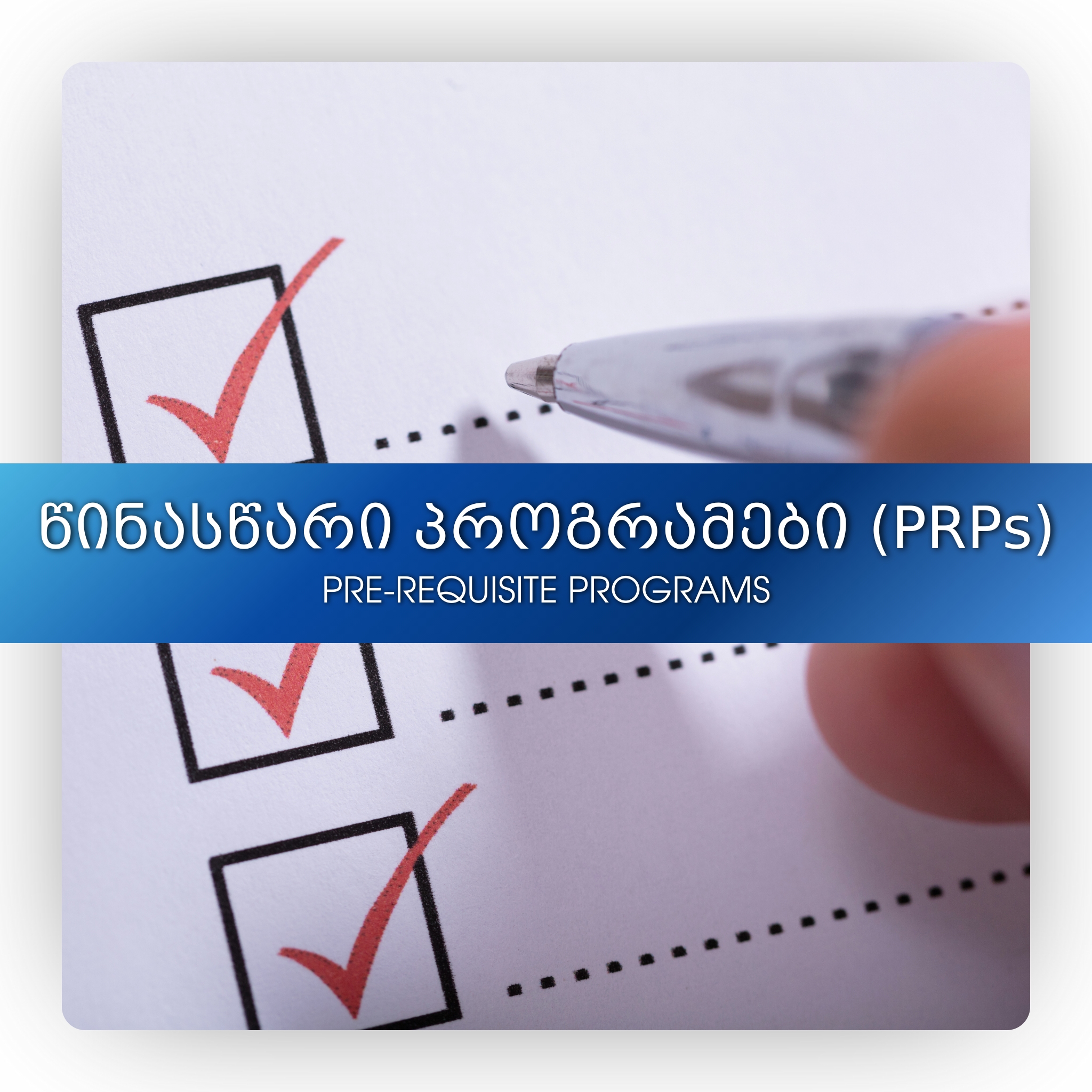Pre-requisite Programs
All food business must have in place prerequisite programmes (PRPs). These are good hygiene practices that are the basic conditions and activities necessary to maintain a hygienic environment.
Controlling Hazards with PRPs Alone
Depending on the complexity of your food business operation, PRPs may be all that you need to comply with the HACCP requirement. For example, if your food business carries out low-risk activities, all the hazards may be controlled by the PRPs, with no need for the application of a full food safety management system based on the principles of HACCP.
For more complex food businesses that involve the preparation, manufacturing or processing of food, you will need to implement a food safety management system based on the seven principles of HACCP. You can do this by:
a) following a recognised guide to good practice appropriate to your food business
b) developing procedures based on the principles of HACCP if required
The majority of hazards can be controlled by PRPs, so they will be the foundation for the HACCP based procedures that you implement. Once you have your PRPs in place, your HACCP based procedures will focus on controlling the steps in your business which are critical to ensure the preparation of safe food.
Prerequisites include where appropriate:
1) Premises and Structure e.g. design and lay-out of workspace allowing for one-direction production flow; sufficient lighting especially in food preparation and inspection areas; suitable employee facilities; hand-washing facilities; external and interior construction of walls, floors, doors
2) Plant and Equipment e.g. refrigeration services/systems; equipment fit for purpose, operated in accordance with its instructions and accessible for cleaning
3) Technical maintenance and calibration
4) Cleaning and Sanitation
5) Zoning e.g. physical separation of activities to prevent cross contamination with allergens or biological hazards such as harmful microorganisms from raw to cooked food
6) Procedures to control and prevent physical and chemical contamination from the production environment e.g. what to do in the case of breakage of glass, hard plastic etc.
7) Supplier control e.g. supplier selection and agreement on specifications for raw materials, additives, processing aids, packaging material, food contact material
8) Services e.g. water, ventilation, electricity, gas etc.
9) Storage, Distribution and Transport (including temperature control)
10) Waste Management
11) Pest Control (i.e. prevent entry of pests and implement suitable pest control program)
12) Personnel Hygiene and fitness to work e.g. procedures for personnel suffering with gastro-intestinal infections, hepatitis, wounds or other relevant health problems
13) Training and Supervision
14) Working instructions (i.e. provision of clear and simple work instructions which are visible or easily accessible)
Maintenance of the cold chain
Maintaining a cold chain means making sure that food that requires refrigeration or freezing is kept at the appropriate temperature. This is a legal requirement and it is important to consider it when implementing advance programs, for example:
operation and maintenance of refrigeration systems
temperature control of raw materials supplied to your business
storage, distribution and transport of your product
Allergens
There are 14 EU recognised allergens and controls must be put in place to prevent their unintentional presence in foods from cross-contamination.PRPs can be used to control allergens based on two approaches:
by keeping allergens out of the premises through good supplier control, or
by implementing strict measures to minimise the potential for cross-contamination.
Allergens may need to be considered as part of your food safety management system depending on the nature of your food business operation. If necessary, you should incorporate good practices and staff training to minimise or eliminate the potential for cross-contamination.
